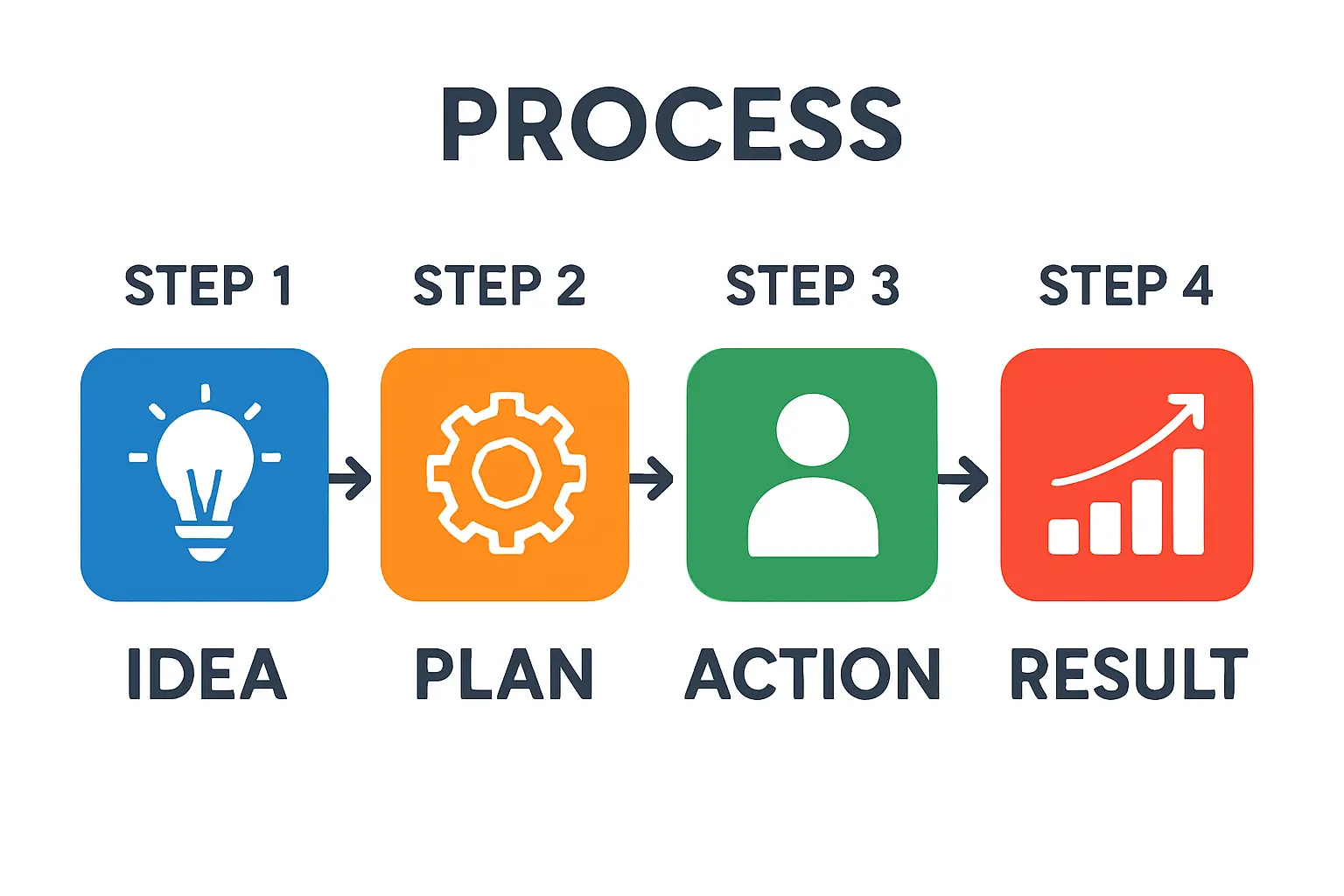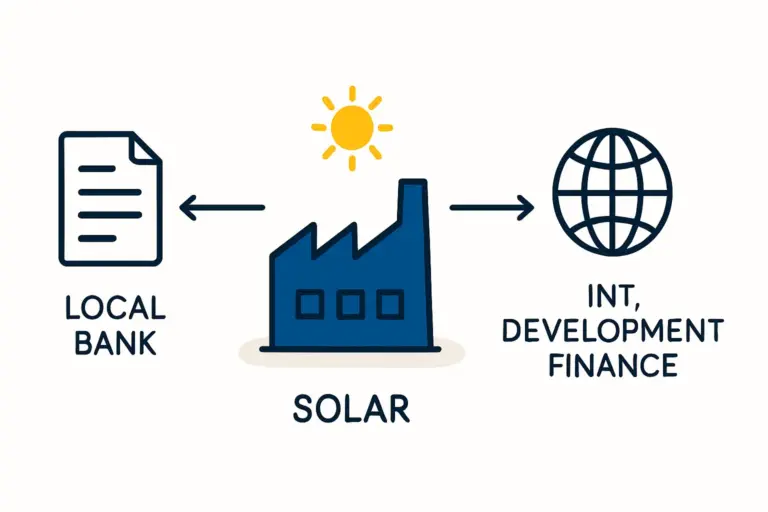For any manufacturing venture, location is a pivotal decision, shaped by operational costs and the availability of a capable workforce. While established industrial hubs are often the first choice, emerging European markets present a compelling alternative. North Macedonia is a case in point, offering a unique combination of industrial heritage, a skilled labor pool, and a competitive cost structure that makes it worth a closer look for anyone planning to establish a solar module factory.

This article analyzes the labor market in North Macedonia, offering key data to inform strategic planning and financial modeling for a new solar manufacturing enterprise. We examine workforce availability, technical skills, and compensation benchmarks to paint a clear picture of the operational landscape.
The Workforce Landscape: A Quantitative Overview
Finding enough qualified employees is a primary concern for any new manufacturing project. In North Macedonia, labor market statistics point to a readily available workforce. As of the fourth quarter of 2023, the country’s unemployment rate stood at 12.9%. While this figure indicates a general availability of labor, the youth unemployment rate of 28.5% is particularly relevant. It suggests a significant pool of younger, educated individuals who are adaptable and can be trained for modern manufacturing.
The country’s educational foundation is also strong. Approximately 30.5% of the population holds a secondary education and another 16.5% have completed higher education, creating a solid base for the specialized technical training required in the photovoltaic industry.
Technical Aptitude and Training Potential
Beyond raw numbers, the inherent technical aptitude of the local workforce is a critical asset. North Macedonia has a long-standing industrial tradition, particularly in electrical and mechanical engineering. This legacy has cultivated a workforce with practical, hands-on skills and a fundamental grasp of industrial processes—a significant advantage when staffing a new facility.
This industrial background shortens the learning curve for specialized processes in a solar module plant, especially compared to regions without a similar history. English proficiency is also high among the younger professional population, simplifying communication, training, and integration with international management and technical support teams. Experience from J.v.G. turnkey projects in similar regions shows that this combination of foundational engineering knowledge and language skills accelerates a new factory’s ramp-up phase.
Analyzing Wage Structures: A Competitive Edge
Labor costs are a major component of a factory’s operational expenditures (OPEX) and directly impact long-term profitability. North Macedonia offers a highly competitive wage environment compared to its Western European counterparts.
As of December 2023, the average monthly net wage was approximately MKD 39,998, which translates to about €650. The statutory minimum gross wage, updated in March 2024, is MKD 32,734 (around €532). These figures offer a significant cost advantage over countries like Germany while remaining competitive within the Balkan region.
North Macedonia strikes a strategic balance. While not the absolute lowest in the region, its wage structure, combined with its skilled and educated workforce, presents a compelling value proposition. This cost-effectiveness is a crucial factor when calculating the initial investment and projecting returns over time.

Building a Skilled Team for Your Production Line
A typical semi-automated solar module production line with an annual capacity of 20–50 MW requires a team of 25 to 35 employees working across two or three shifts. Key roles include:
-
Line Operators: Responsible for managing specific machines such as stringers, laminators, and testers.
-
Maintenance Technicians: Essential for ensuring machinery uptime and performing preventative maintenance. A background in electrical or mechanical engineering is ideal.
-
Quality Control Specialists: Responsible for material inspection, in-process checks, and final module testing to ensure compliance with international standards.
-
Shift Supervisors: Oversee production flow, manage operator teams, and ensure safety and quality protocols are followed.
While the local workforce provides a strong foundation, specialized training in photovoltaic technology is indispensable. This training is typically integrated into the commissioning process of a turnkey production line. It is designed to bridge the gap between general industrial skills and the specific demands of solar module assembly, ensuring the team can operate the facility efficiently and to the highest quality standards from day one.

Frequently Asked Questions (FAQ)
What are the typical social security contributions for an employer in North Macedonia?
Employers are generally required to contribute to pension, disability, and health insurance. These contributions are calculated on the gross salary and typically add a significant percentage on top of the base wage. These mandatory costs must be factored into any detailed financial plan.
How challenging is it to recruit local management-level personnel?
While the technical workforce is readily available, finding senior managers with specific experience in the solar industry may require a broader search. However, the country has a pool of capable managers from other manufacturing sectors who can adapt to the solar industry with appropriate onboarding.
Is the workforce familiar with international quality standards?
Many manufacturing companies in North Macedonia, particularly those exporting to the EU, already operate under standards like ISO 9001. This fosters a general awareness of and respect for international quality management systems, providing a solid foundation for implementing the stringent quality control required for PV module certification.
What is the labor law environment like regarding contracts and working hours?
Labor laws in North Macedonia are aligned with European standards, regulating employment contracts, working hours, overtime, and termination procedures. It is advisable to consult with a local legal expert to ensure full compliance when drafting employment agreements and company policies.
Strategic Implications for Investors
This analysis of North Macedonia’s labor market presents a compelling business case. The country offers a large, educated, and technically proficient workforce at a wage level that significantly lowers operational costs compared to Western Europe. Its industrial heritage ensures that employees are not only trainable but also possess a foundational understanding of manufacturing principles.
For entrepreneurs and investors looking to enter the European solar market, North Macedonia offers a strategic location that balances cost, quality, and market proximity. To capitalize on these advantages, a thorough feasibility study that includes a detailed labor market analysis is the essential next step to validate these advantages for your specific project.






